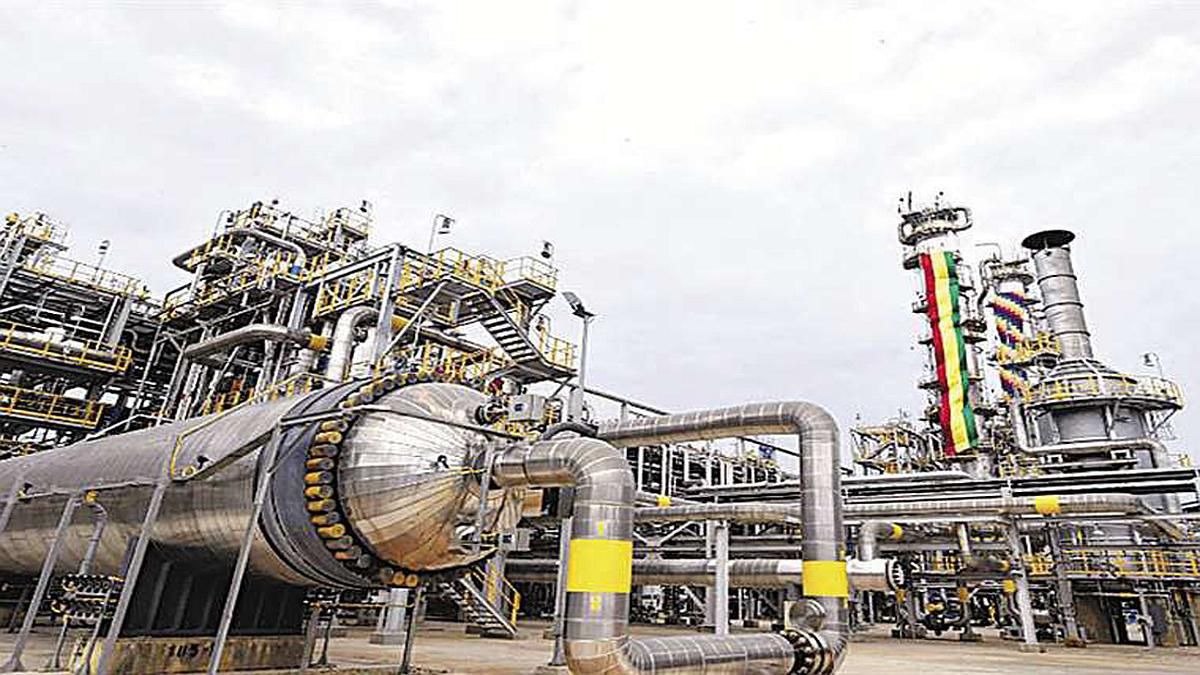Demand for natural gas in Argentina increases as the cold intensifies, but bolivianits main supplier, facing difficulties to meet the scheduled quotasaccording to the Bolivian newspaper Duty.
In May 2023, bolivian sold 47% less natural gas to Argentina Compared to the same month last year, the portal points out that, according to the Departmental Center for Monitoring and Fiscalization of Hydrocarbons of the Governor’s Office of Santa Cruz; and in data from the Ministry of Hydrocarbons and Energy, the Argentine market received only 6.34 million cubic meters per day (MMm3/d) last monthin contrast to the 13.58 MMm3/d marketed in May 2022.
The institution explained that the increase in demand for Bolivian gas occurs during the period from May to Septemberwhen Argentina rrequires higher volumes due to low temperatures. This situation had already been previously agreed with Bolivian Fiscal Oil Fields (YPFB).
Projections for the month of June
Regarding the performance for the current month, the National Gas Regulatory Entity (Enargas) of Argentina reported, according to the aforementioned media, that YPFB has been sending an average of 9 MMm3/d of natural gas in the last six days. This occurs at a time when international natural gas prices are at its highest level due to the conflict in Eastern Europe, between Russia and Ukraine.
In 2022, the Bolivian state company took advantage of this situation to negotiate better prices for exported gas during the winter, compensating So the decrease in volumes.
YPFB Bolivia
Bolivian Fiscal Oil Fields.
Photo: Elpais.bo
Raul Velazqueza hydrocarbons and energy analyst from the Jubilee Foundation, quoted by ED, highlighted that this reduction in natural gas sales to Argentina reflects the failure of hydrocarbon exploration and exploitation programs in Boliviawhich started in 2015.
The expert mentioned that in 2006 an agreement was reached between Argentina and the trans-Andean country to send 23 MMm3/d, but due to production problemsin 2010 an addendum was signed that established average shipments of 13 MMm3/d during the winter season.
“Subsequently, that quota was reduced due to the low production of natural gas. Currently, this situation forces the country to juggle to respond to the markets of Brazil, Argentina and the domestic market. To comply with Argentina, the supply to Brazil is reduced and now gas from the ammonia and urea plant is used with the argument that it will be paralyzed for approximately 45 days due to mechanical failures,” warned Velázquez.
They warn of more problems in Bolivian production
For his part, Jose Padillaformer secretary of Hydrocarbons of the Governorate of Santa Cruz, indicated that the stoppage of the Ammonia and Urea Plant (PAU) and the sale of unused gas are examples of the difficulties that YPFB faces to comply with Argentina.
In addition, he mentioned despair of the Bolivian firm for capturing foreign currency. He highlighted the contradiction between the statements of the Government of Luis Arce on industrialization and the stoppage of a plant that generates added value, choosing to export raw materials.
On this subject, the president of YPFB, Armin Dorgathenadmitted in an interview with Página Siete that the PAU is paralyzed and that the gasor employee in the plant will be exported to the Argentine market at a more favorable price, ED argues.
In March, Argentina revealed that it pays between US$10 and US$18 for the importation of natural gas from Bolivia, as part of the agreement established in the seventh addendum to the current purchase and sale contract, according to the Energy Secretariat, Flavia Royon.
Source: Ambito




